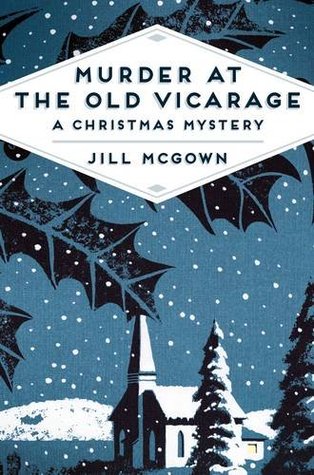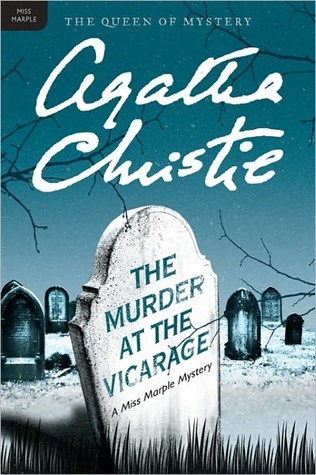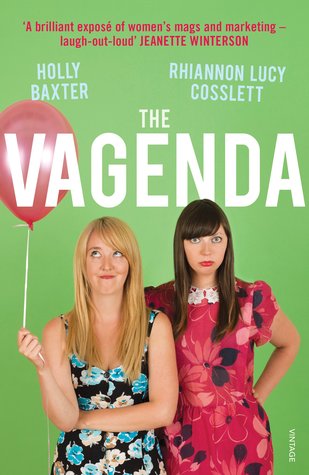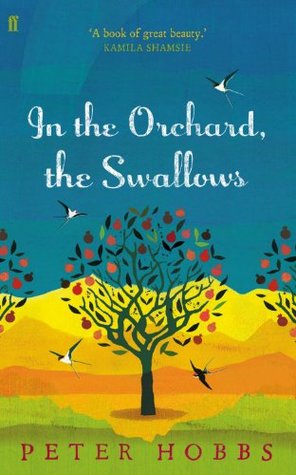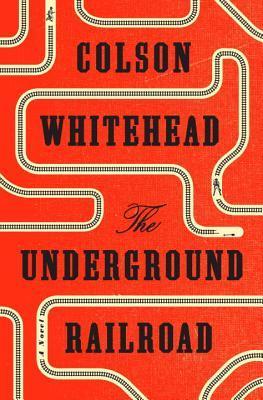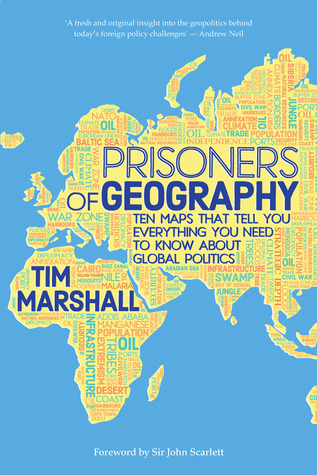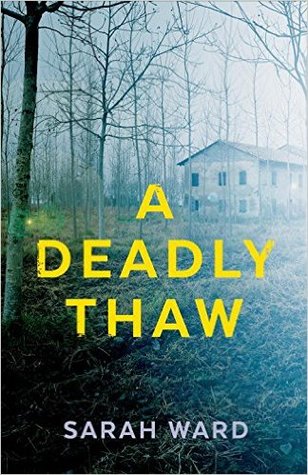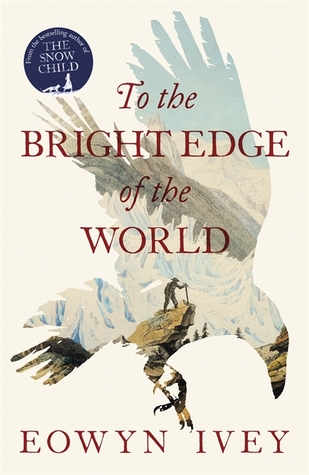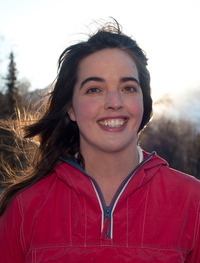First things first, apologies for the lack of posts this month. I've been an extremely bad blogger and, to be completely honest, a pretty rubbish reader to. I've been in a real slump throughout December which has, I think, been partly to do with Christmas craziness. I've also been in a gaming mood more recently so have been spending most of my free time on my PS4 (it's all Final Fantasy 15's fault...) as opposed to with my nose stuck in a book. I was beating myself up about it a bit but then I thought, hey, you don't have to read if you don't want to so give yourself a break. And you know what? Once I stopped fretting about not reading, I suddenly wanted to pick up books again. Funny how things work like that sometimes.
I have similar feelings when I review my year in reading. Over on Goodreads, I set myself the challenge of reading 75 books in 2016. As things stand today, I've read 66 and I think I'll finish another one, possibly two, before December 31. So I'm a few books behind my goal. But again, I'm going to cut myself some slack on that one - reading isn't about challenges (although they can be a great deal of fun sometimes), its about the enjoyment and relaxation you get from the words on the page. I read some really great books this year so, instead of reflecting on what I didn't read, I wanted to write a little about the books that have stayed with me to become my Books of the Year 2016.
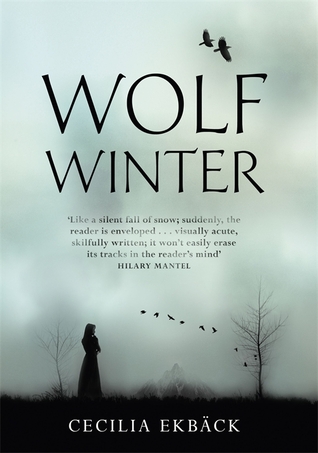 One of the books that really surprised me earlier this year was Wolf Winter by Cecilia Ekbäck, which I read back in January. It was a book I'd purchased on a whim and had been sitting on my shelf for a while when I picked it up but I found myself quickly gripped by this winter tale of murder and supernatural forces within a remote mountain settlement. Set in Swedish Lapland in 1717, the sense of place within this novel was extraordinary - you really feel the chill of the wind and the eerie loneliness of the remote homesteads. An under-rated read, especially if you're looking for a book to curl up with in the dark months of the year.
One of the books that really surprised me earlier this year was Wolf Winter by Cecilia Ekbäck, which I read back in January. It was a book I'd purchased on a whim and had been sitting on my shelf for a while when I picked it up but I found myself quickly gripped by this winter tale of murder and supernatural forces within a remote mountain settlement. Set in Swedish Lapland in 1717, the sense of place within this novel was extraordinary - you really feel the chill of the wind and the eerie loneliness of the remote homesteads. An under-rated read, especially if you're looking for a book to curl up with in the dark months of the year. 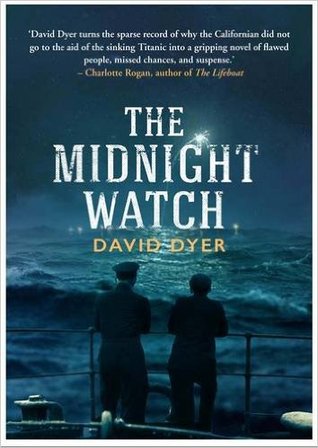 Another unexpected gem was David Dyer's The Midnight Watch, which I was sent for review back in April. Although I will admit to having a slightly grim fascination with the tragedy of the Titanic, I've found many novels set around the event to be overly dramatic, often taking the form of doomed romances or high octane thrillers. So this quietly considered novel, which focuses on the crew of the 'Californian; the ship that saw Titanic's distress rockets and inexplicably failed to go and help the sinking liner, was a real surprise. A moving and very human tale of personal weakness and how a moment of failure can result in a lifetime of regret.
Another unexpected gem was David Dyer's The Midnight Watch, which I was sent for review back in April. Although I will admit to having a slightly grim fascination with the tragedy of the Titanic, I've found many novels set around the event to be overly dramatic, often taking the form of doomed romances or high octane thrillers. So this quietly considered novel, which focuses on the crew of the 'Californian; the ship that saw Titanic's distress rockets and inexplicably failed to go and help the sinking liner, was a real surprise. A moving and very human tale of personal weakness and how a moment of failure can result in a lifetime of regret. 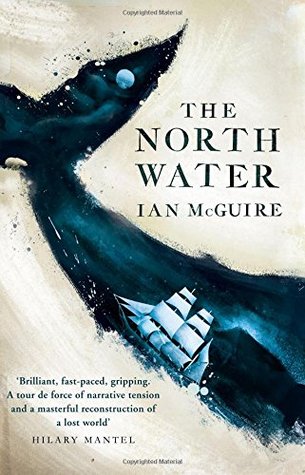 Continuing on a maritime theme, Ian McGuire's The North Water was a revelation to me. When I had first had the book pressed on me by a friend, I was very much intending to let it gather dust for a couple of weeks before thanking them politely and handing it back - a novel set on a 19th century whaling ship that opens with a foul-mouthed, drunk harpooner raping a rent boy before killing a man didn't exactly appeal. Get past the brutality and the ripe language however and there's a complicated and brilliantly woven tale about the darkness that lives within men's hearts played out against the stunning backdrop of an Arctic winter. Not a book for the faint-hearted and definitely one that comes with trigger warnings for pretty much everything - but still the best novel I've read this year.
Continuing on a maritime theme, Ian McGuire's The North Water was a revelation to me. When I had first had the book pressed on me by a friend, I was very much intending to let it gather dust for a couple of weeks before thanking them politely and handing it back - a novel set on a 19th century whaling ship that opens with a foul-mouthed, drunk harpooner raping a rent boy before killing a man didn't exactly appeal. Get past the brutality and the ripe language however and there's a complicated and brilliantly woven tale about the darkness that lives within men's hearts played out against the stunning backdrop of an Arctic winter. Not a book for the faint-hearted and definitely one that comes with trigger warnings for pretty much everything - but still the best novel I've read this year. 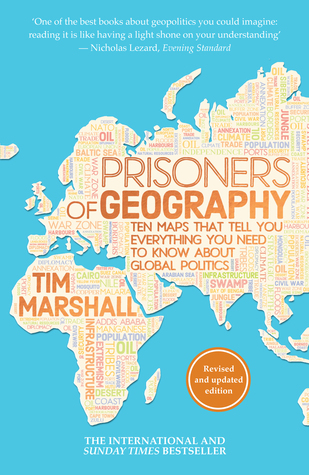 On the non-fiction front, a standout book for me was Tim Marshall's Prisoners of Geography. Subtitled 'Ten Maps That Tell You Everything You Need To Know About Global Politics', this lively book did exactly that. Ever wondered why no one wants to tango with the situation on the Korean Peninsula? This book will tell you. Why is Russia so determined to have a hold on the Ukraine? Look no further than here! Whilst I recognise that global politics cannot be solely explained by one thing, I really hadn't appreciated how much physical and geographical constraints play. When you consider that all things eventually boil down on one level or another to access to resources however, a lot of what this books says makes a lot of sense. Informative, interesting and with a good dash of humour, this taught me a lot without me even realising.
On the non-fiction front, a standout book for me was Tim Marshall's Prisoners of Geography. Subtitled 'Ten Maps That Tell You Everything You Need To Know About Global Politics', this lively book did exactly that. Ever wondered why no one wants to tango with the situation on the Korean Peninsula? This book will tell you. Why is Russia so determined to have a hold on the Ukraine? Look no further than here! Whilst I recognise that global politics cannot be solely explained by one thing, I really hadn't appreciated how much physical and geographical constraints play. When you consider that all things eventually boil down on one level or another to access to resources however, a lot of what this books says makes a lot of sense. Informative, interesting and with a good dash of humour, this taught me a lot without me even realising. 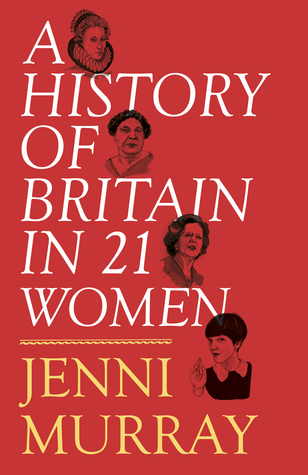 Another book that taught without being preachy was Jenni Murray's A History of Britain in 21 Women, which I've read in the last couple of weeks. A library borrow, this was a book I was expecting to find mildly entertaining but firmly in the realms of 'history lite'. So I was very surprised - and rather ashamed of myself - when I started to read and discovered a passionately written, thoroughly researched and extremely interesting look at the lives of 21 women who, for better or worse, impacted the history of our island nation. I'm ashamed to admit I'd never even heard of some of Murray's chosen ladies (Caroline Hershel, Gwen John) and knew astonishingly little about others (Fanny Burney, Constance Markievicz). Murray freely admits to a bias in her selection but, as an introduction to a more feminist view of traditional history, it was a real eye-opener and a definite encouragement to go and find out more about some of these fascinating women.
Another book that taught without being preachy was Jenni Murray's A History of Britain in 21 Women, which I've read in the last couple of weeks. A library borrow, this was a book I was expecting to find mildly entertaining but firmly in the realms of 'history lite'. So I was very surprised - and rather ashamed of myself - when I started to read and discovered a passionately written, thoroughly researched and extremely interesting look at the lives of 21 women who, for better or worse, impacted the history of our island nation. I'm ashamed to admit I'd never even heard of some of Murray's chosen ladies (Caroline Hershel, Gwen John) and knew astonishingly little about others (Fanny Burney, Constance Markievicz). Murray freely admits to a bias in her selection but, as an introduction to a more feminist view of traditional history, it was a real eye-opener and a definite encouragement to go and find out more about some of these fascinating women.
So those were some of my favourites of 2016. They were, by no means, the only books that I have read and enjoyed this year but they are the ones that have stayed with me and that I feel haven't necessarily had a great deal of recognition elsewhere. All of them deserve to be widely read so I'd love for you to let me know if you decide to pick any of them up. As always, you can leave me a comment here on the blog, find me on Twitter @amyinstaffs, on Goodreads or on Litsy @ShelfofUnreadBooks. I'd love to hear about your personal favourites of 2016 so please do come say hello.
I'll be back soon (I promise!) with my Reading Resolutions for 2017, as well as some books I'm looking forward to tacking in the near future. Until then, have a wonderful rest of the festive period, a fabulous New Year and, as always....
Happy Reading x

